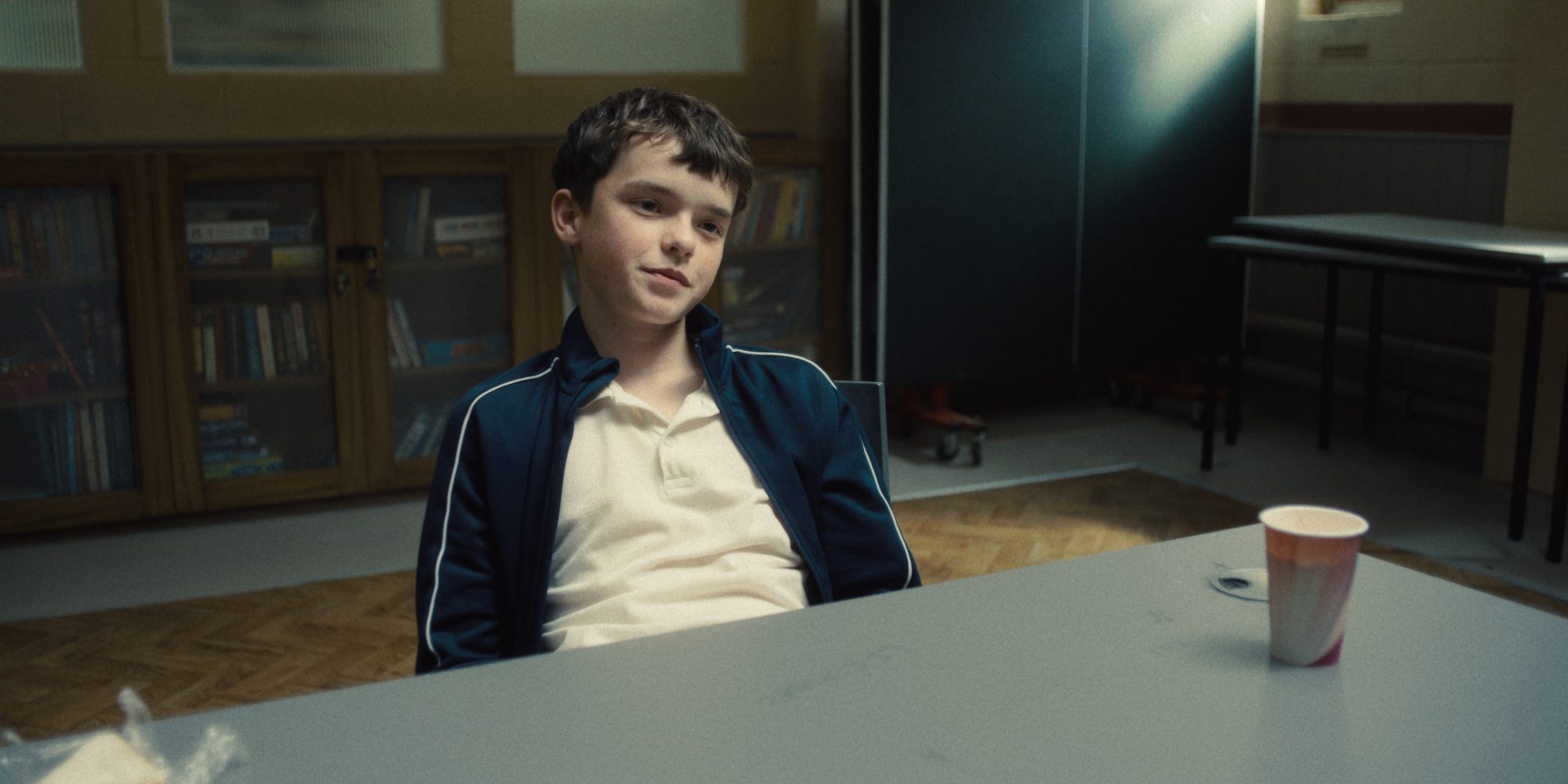You’ve got to hand it to him: earlier this week, Keir Starmer managed to do something most policymakers could only dream of. In the space of 24 hours, outlets with political views as diverse as the Spectator and the Canary all spoke with one voice. Granted, it was to say that they disagreed with the government’s latest announcement, and found it idiotic, but still. Finding this level of consensus across the political spectrum is rare.
The move in question was to show Netflix’s Adolescence in secondary schools across the country. “As a father, watching this show with my teenage son and daughter, I can tell you – it hit home hard,” the prime minister said. “It’s an important initiative to encourage as many pupils as possible to watch the show.”
Will the plan successfully get boys to discuss the terrifying rise of the manosphere, the malevolent influence of social media on teenagers and the evils of gendered violence? Perhaps, perhaps not – neither commentators nor education experts seem to be convinced. Teenage brains don’t quite work like adult ones, and it isn’t clear that showing kids a show made about them, rather than for them, will actually have any meaningful impact.
In any case, it is far too early to try and guess what will happen next. Instead, what we can do is ask: why on earth did it take this long for ministers to take the threat of incels seriously? It isn’t even the first instance of “Government By Television Show” in recent memory. As you may recall, ITV released Mr Bates vs The Post Office, its drama about the subpostmasters scandal, at the beginning of 2024.
Though the story wasn’t new, the show led to widespread public uproar and, within days, then-PM Rishi Sunak had announced that the victims would be “swiftly” exonerated and compensated, after some years of foot-dragging. It was unalloyed good news for all the innocent men and women whose lives had been ruined through no fault of their own, but did essentially amount to getting lucky while betting on ponies.
What would have happened if Toby Jones hadn’t been quite as good an actor? Or if ITV had decided to release the show at a time of year that is busier than early January? Or if some massive breaking news had been at the forefront of people’s mind instead? Or if the channel had failed to find funding for the drama? Or? Or Or?
Similarly, while it is encouraging that mainstream politicians are finally taking the scourge of violent online (and offline) misogyny seriously, it is frustrating that they are doing so because of something they decided to stream after work. The makers of the show should be applauded, but their TV series was presumably meant to be just that – thought-provoking entertainment, sure, but entertainment nonetheless.
Crucially, the manosphere issue cannot be solved in the way that the Post Office scandal could. As Starmer acknowledged in his statement about Adolescence, there is no quick, easy fix for any of this.
Boys and young men are growing up in a world where malignant influencers are coming at them at all angles, and convincing them that everything going wrong in their lives can be blamed on women.
Stopping this would involve finally dealing with the tech giants, especially now that so many of them have aligned themselves with Donald Trump’s administration. It would also require training both parents and teachers on signs to spot, what to say and how to say it. More broadly, creating a world free of brutal, worrying male resentment means creating a world where these young men can find gainful, well-paid employment, and can afford to rent or buy good-quality housing – among other things.
In short: there is a lot to do, and most of it will be hard, and nearly all of it will require both long-term thinking and long-term effort. An optimist may choose to believe that this Adolescence stunt will be remembered as the beginning of something bigger and more far reaching, but who among us has any optimism left when it comes to politics?
A more cynical view is that the government will now pat itself on the back, having successfully ridden the zeitgeist wave, and soon move on to whatever other shiny object gets put in front of them. Girls, meanwhile, will continue to have to deal with these awful boys in their schools and on their screens.
Because that’s the point, isn’t it? We talk about the Tate brothers and the poor lads getting brainwashed and left out, but it’s the girls they take it out on. Maybe a TV show could be made solely about them at some point, and then lawmakers can think that feminism is cool again.








